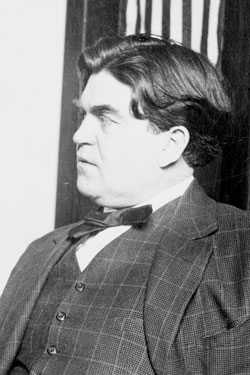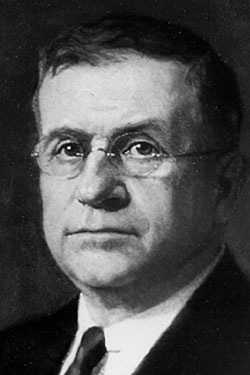Union Membership
Another significant effect of the war in terms of the economy was that it did away with unemployment. Throughout the Depression era of the 1930s, the unemployment rate was at an all-time high and continued to increase. However, with the onset of the war and transition to wartime production, unemployment was a thing of the past. Union membership was on the rise. Unions served as a security blanket for their members; they protected the rights of their workers, by advocating a safe work environment and fair pay. Unfortunately, the number of strikes increased during World War II. This period saw a number of “wildcat strikes,” or strikes organized by workers and not by unions.
|
|
The majority of these strikes were initiated by miners. John L. Lewis, the head of the United Mine Workers union, called for several strikes due to low wages. Harold J. Ickes, who served as Secretary of the Interior, was able to successfully mediate the strikes, which was crucial to the nation since coal was a significant resource. Then in 1943, Congress passed the Smith-Conally Act, putting a cap on future strikes. This new legislation enabled the president to intervene in a strike. Such efforts were deemed necessary in order to avoid any work stoppage during wartime production.

